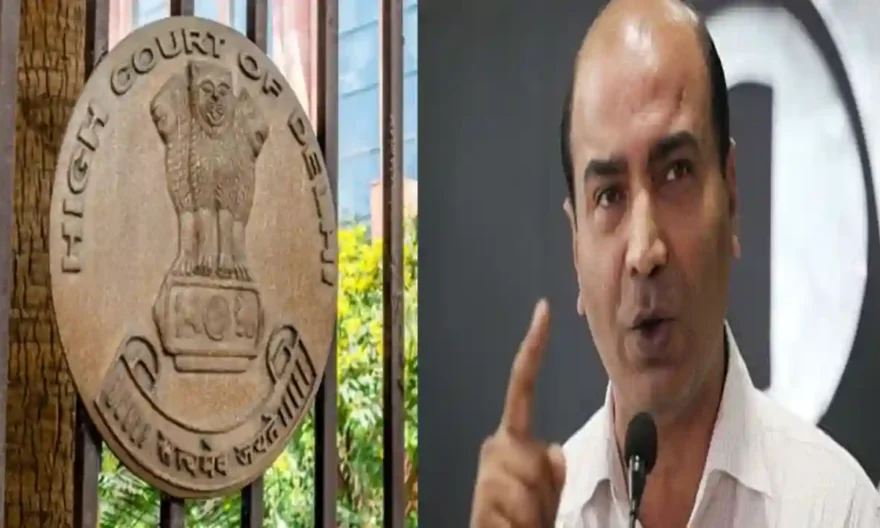
The Delhi High Court on Friday rejected to hear a PIL filed by BJP leader Ashwini Upadhyay seeking mandatory voting in parliamentary and assembly elections.
A Division Bench of Chief Justice Satish Chandra Sharma and Justice Subramonium Prasad stated that voting is a choice and that judges are not lawmakers who may pass such orders.
The bench further stated that it cannot compel a person living in Chennai to return to his hometown of Srinagar and vote there.
“Do you want us to direct the police, catch him and send him to Srinagar?” the bench asked.
Upadhyay stated that he will not press his petition for compulsory voting, but the bench was adamant.
“It can’t be said that when you are confronted with something, you’ll claim you’re not pressing it,” CJ Sharma observed.
The Court further stated that it is being flooded with such PILs. The bench further stated that if Upadhyay does not withdraw his plea, it will impose costs.
After then, Upadhyay proceeded to withdraw his plea.
Upadhyay contended in his petition that making voting compulsory will increase voter turnout, enhance political involvement, and improve the quality of democracy.
“It guarantees that every person has a voice and that the government reflects the views of the people. When there is a high voter participation, the government is more accountable to the people and more likely to act in their best interests,” the plea stated.
It further stated that compulsory voting guarantees that elected representatives are chosen by a wider and more representative group of people, hence increasing the legitimacy of the government and the quality of democracy.
Upadhyay cited example of nations such as Australia, Belgium, and Brazil that have instituted compulsory voting and reported large increases in voter turnout and improvements in the quality of democracy.
The PIL sought direction to the Central Government and the Election Commission of India (ECI) to take measures to enforce mandatory voting in Parliament and assembly elections.
In addition, the petition asked the Court to instruct the ECI to utilise its plenary power under Article 324 of the Constitution of India to enhance the voting percentage. Instead, it sought a direction to the Law Commission submit a report on mandatory voting.




